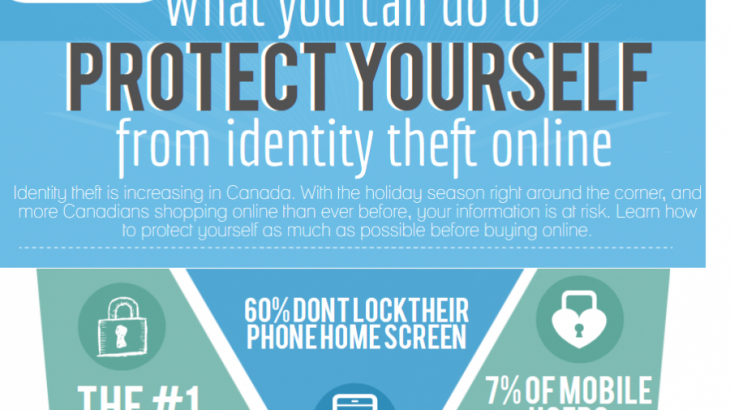Identity theft is a horrible, crippling experience for consumer victims. It takes precious time and resources to correct, and some of the worst cases have victims attempting to prove they are legitimately who they claim to be for years and years after being targeted. It can damage your credit if un-spotted. It’s not an understatement to say that it can, and would, turn your life upside down.
If you don’t think much about protecting your data while shopping or banking online, then take note now. What you learn today might prevent you from becoming a victim of identity theft in the future.
Use Passwords On Everything
Please don’t choose a mindless password, either. SplashData releases the worst passwords of each year in a fun infographic, but the truth behind really poor passwords is anything but fun. Don’t make passwords that are simple, or that have your username or login name as part of the password. Mix it up with capital letters and symbols. Make it as complicated as you can. If you have to write it down, fine, but keep it under lock and key and for the love of all pixels, don’t keep it on another mobile device that can connect to the internet (aka: all of them).
Speaking Of Mobile
It’s shocking how many mobile users don’t keep a password on their device, never-mind a complicated one. If your device comes with a pattern password option, then by all means use it. And don’t make it visible, either, in case a curious by-stander happens to be looking over your shoulder. Double up by adding a pattern and a text pattern. Yes, this might be inconvenient, but having your identity stolen is far, far worse than the few extra seconds it will take you to unlock your phone.
Go the extra mile and download mobile security apps. PC Magazine has a good list to get you started. Android user? Here’s a list for you.
Scrub Your Social
If you put up your address, phone number and birthday on your social media accounts, remove them immediately! You have no idea what a hacker can do with your full name and birthday, never-mind your full name and your address and birthday. The younger generation isn’t as guilty of this faux pas, but they are not immune. Go that extra step and don’t use your full name, either. Use your first and middle name or by all means, make up a pseudonym. The general rule of thumb is if you don’t want someone knowing it, don’t put it online. Really simple.



